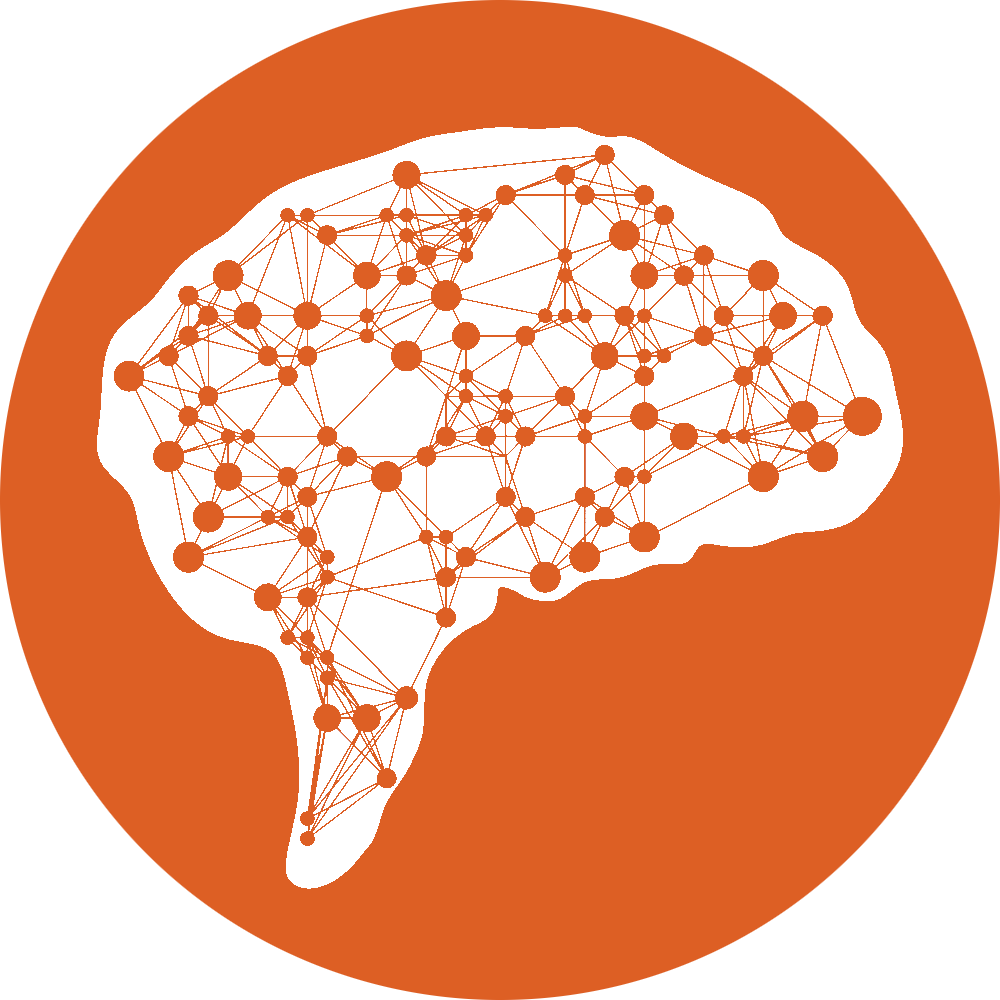We are the Lifespan Modelling and Psychometrics (LIFE-MAP) Lab at King’s College London

Our research projects
YLS, UNITE and UBELONG: Measuring and Understanding Youth Loneliness
In collaboration with Prof Jennifer Lau and Dr Nicola Byrom, we are currently delivering a research programme investigating loneliness in youth. This work is funded by by the Economic and Social Research Council and UK Research and Innovation. In a project led by Jennifer Lau, we are developing the Youth Loneliness Scale (YLS), a new, co-produced measure of youth loneliness. The UNITE Project is led by Delia Fuhrmann. Using mixed-methods approaches, we are investigating the individual and social pathways to loneliness in young people from socio-economically marginalised backgrounds. As part of the UBelong project, led by Nicola Byrom, we are developing new methods to measure and understand loneliness and belonging in University students.
SDA-SPA: Understanding Sensitive Periods in Adolescence using Secondary Data
Building on our theoretical and experimental work on sensitive periods in adolescence, we have been using a mixed-methods approach to investigate whether the type and timing of different adversities shape outcomes such as mental health and cognition in adulthood. This work has been funded by the Economic and Social Research Council and delivered in collaboration with the charity Barnardo’s. To find out more, please visit the SDA-SPA project page.
Capturing longitudinal changes in brain development
In collaboration with the Danish Centre for Magnetic Resonance, we are adopting quantitative approaches like non-linear mixed models to provide normative data on brain development, characterize individual and regional differences in brain development and to popularize robust and meaningful tools to capture longitudinal development. To find out more about this work, get in touch with Dr Delia Fuhrmann.
Our approach
We build frameworks and formal models of human development and test them, often using data from large, representative cohorts and multivariate quantitative models. We take a complex systems approach to human development, investigating how developmental causes interact and produce adaptive behaviors.
We are committed to transparent research practices. We share code and materials to allow for replication and extension of our work.
We co-produce our research with stakeholders. We work with young people co-researchers and non-academic partners, such as the charities Barnardo’s and McPin, to develop and communicate our research and to ensure that our findings serve young people.
Thank you!
For much of the data we use for our research, we are indebted to the wonderful research volunteers and scientists, who contribute to cohort studies, and so generously share their data. We are currently working with data from Understanding Society, ABCD and ALSPAC.
Our work would not be possible without our non-academic partners.
We are currently collaborating with the charities Barnardo’s, The McPin Foundation, The Campaign to End Loneliness, The Future Leaders Programme, and The Centre For Youth Impact.
Our research is currently funded by the Economic and Social Research Council, UK Research and Innovation and the National Institute for Health and Care Research.